HOA 1 - Prehistoric Architecture
1/46
There's no tags or description
Looks like no tags are added yet.
Name | Mastery | Learn | Test | Matching | Spaced | Call with Kai |
|---|
No analytics yet
Send a link to your students to track their progress
47 Terms
History of Architecture
- a record of man's efforts to build beautifully. It traces the origin, growth and decline of architectural styles which have prevailed lands and ages
-The particular method, the characteristics, manner of design which prevails at a certain place and time.
Geographical
Geological
Climate
Religious
social
Historical
6 Influences of Architecture
post and lintel construction
Arch and vault construction
Corbel and cantilever construction
Trussed construction
Four Great Constructive Principles
40 000 BCE
Oldest records of man
22,000 BCE - 14,000 BCE
Peak decline of the last Ice Age
13,000 BCE
First humans to migrate to the Americas
10,000 - 5,000 BCE
Early Neolithic Period
Gobekli Tepe (Turkey)
Stone reliefs done without metal tools
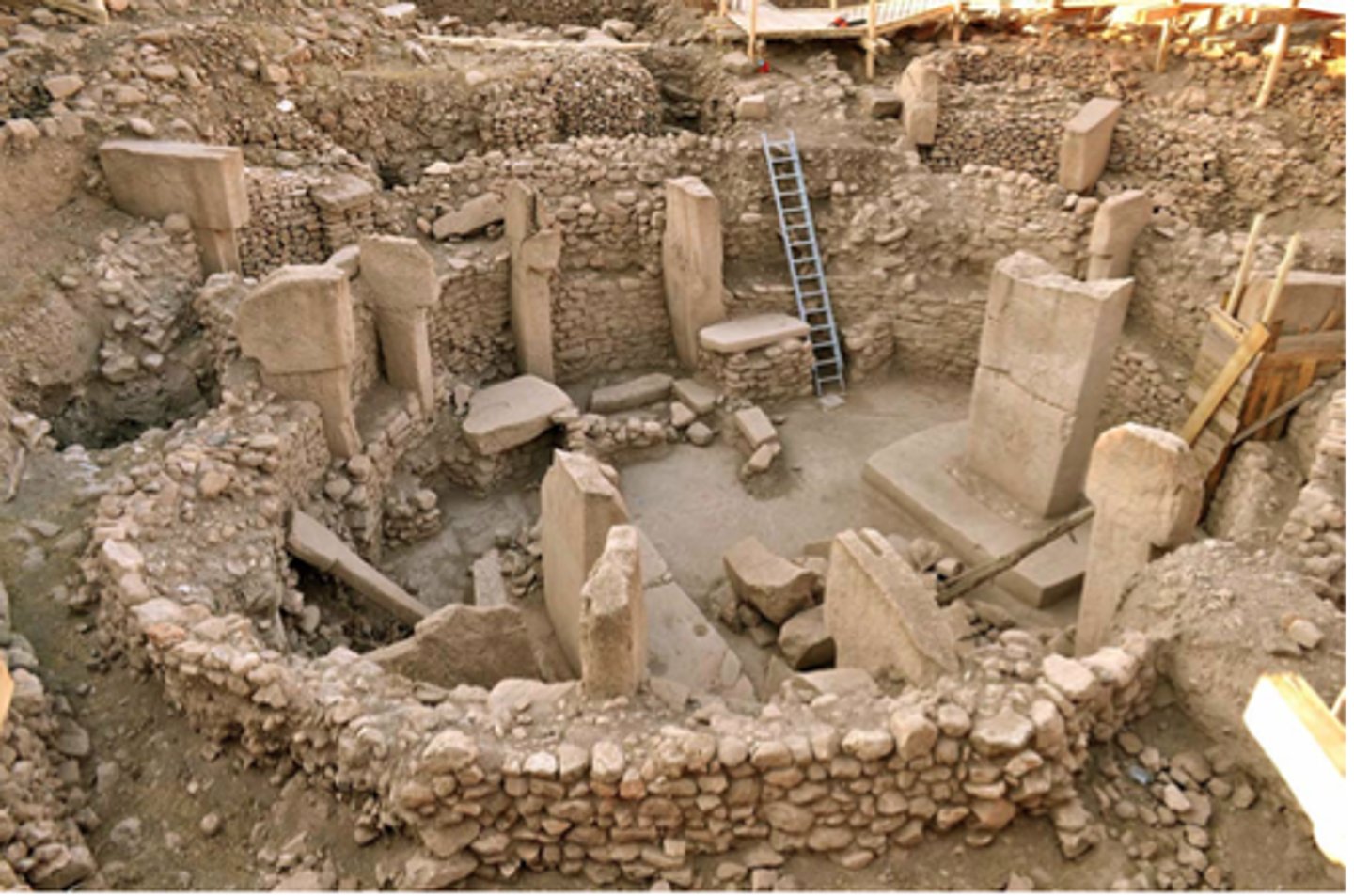
Nabta Playa (6000 BCE)
-Southern Egypt
-Built 45000 years earlier than the stonehenge
-To organize time to the seasons
-aided in stellar observation
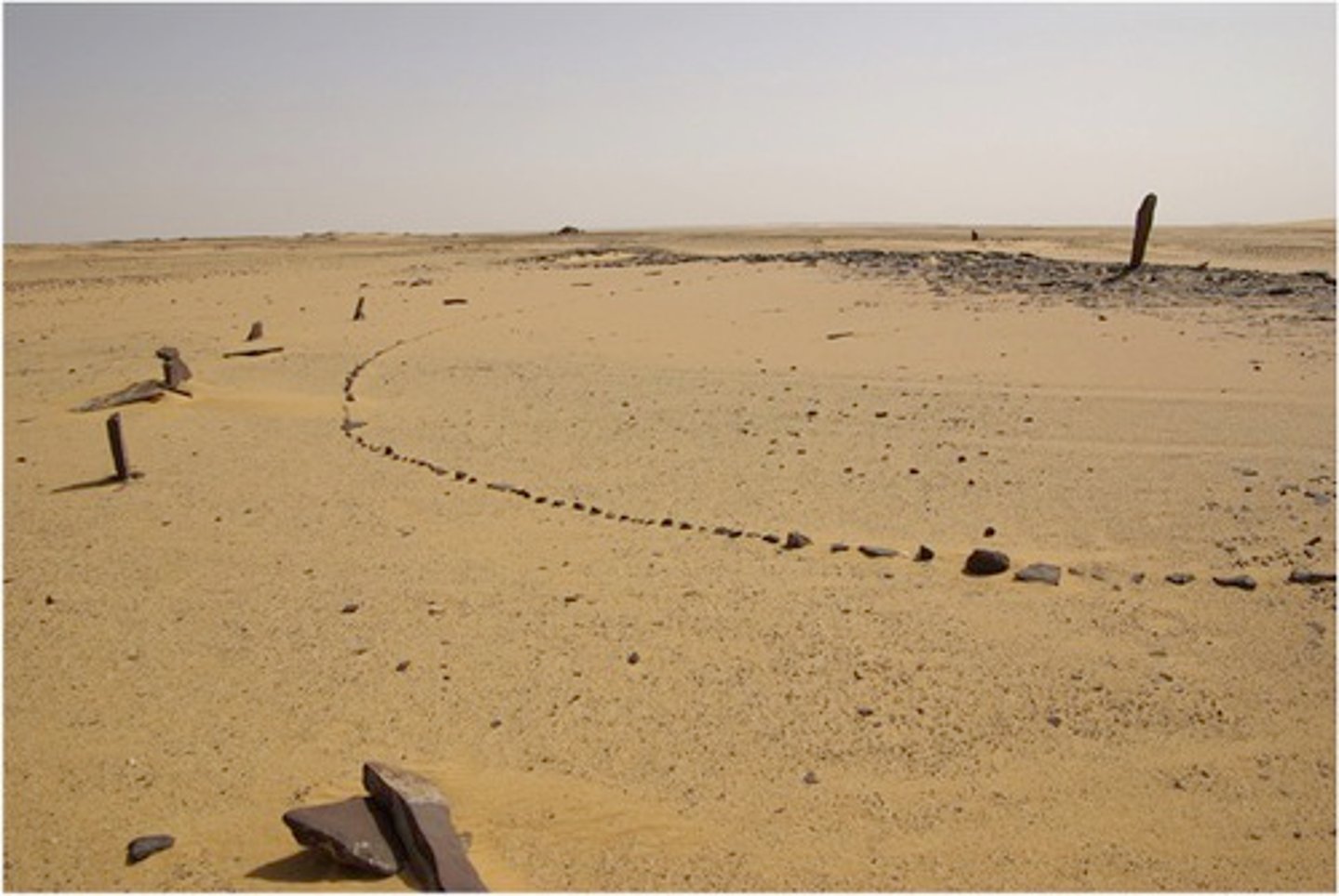
Niuheliang Ritual Center, Mongolia
- 3500 BCE - 3000 BCE
-Fourteen burial mounds and altars over several hill ridges
-40m x 60m key building which had a goddess temple.
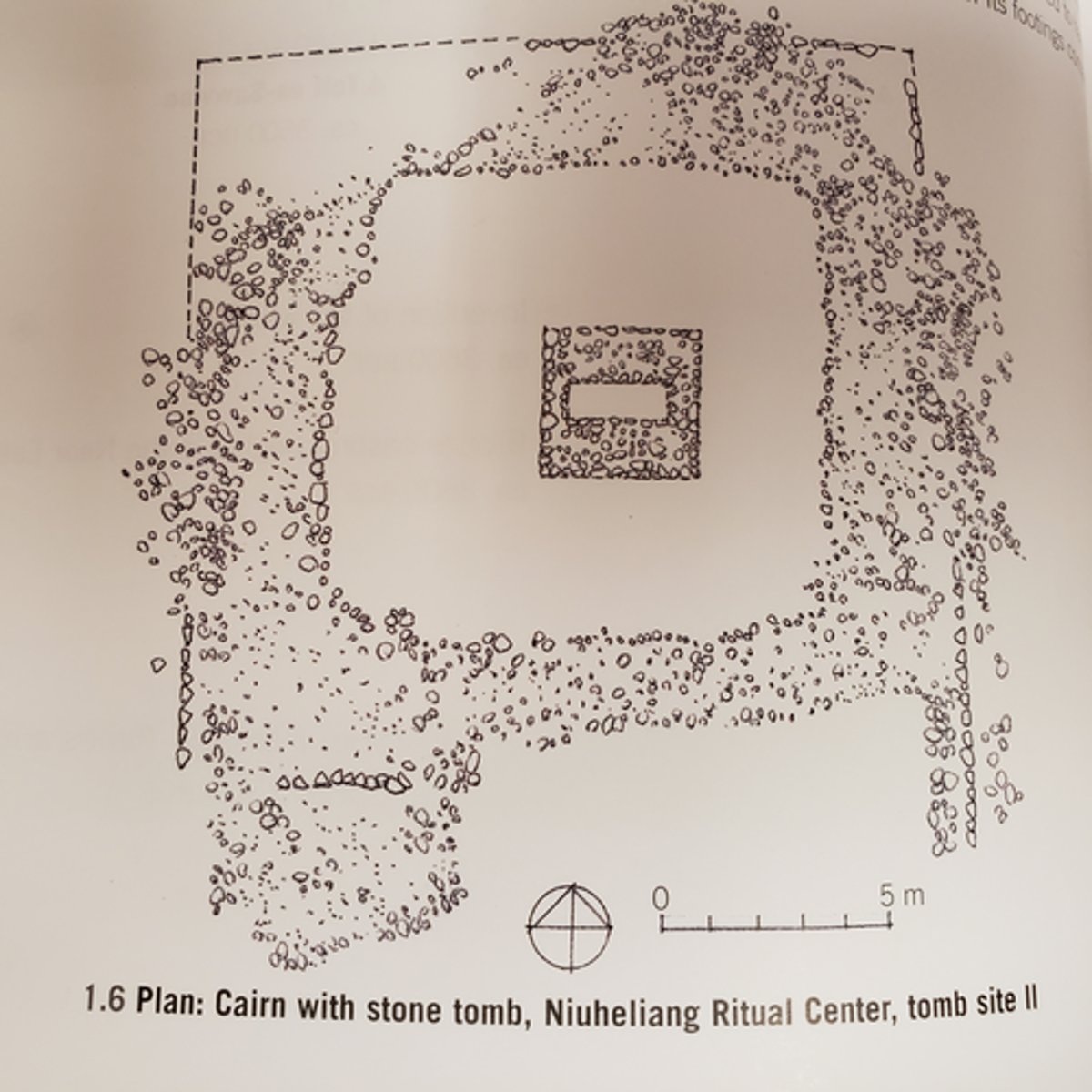
STONEHENGE (England)
-2600 BCE
-Contemporary with ur or with/and of the pyramid age
-100 m diameter henge
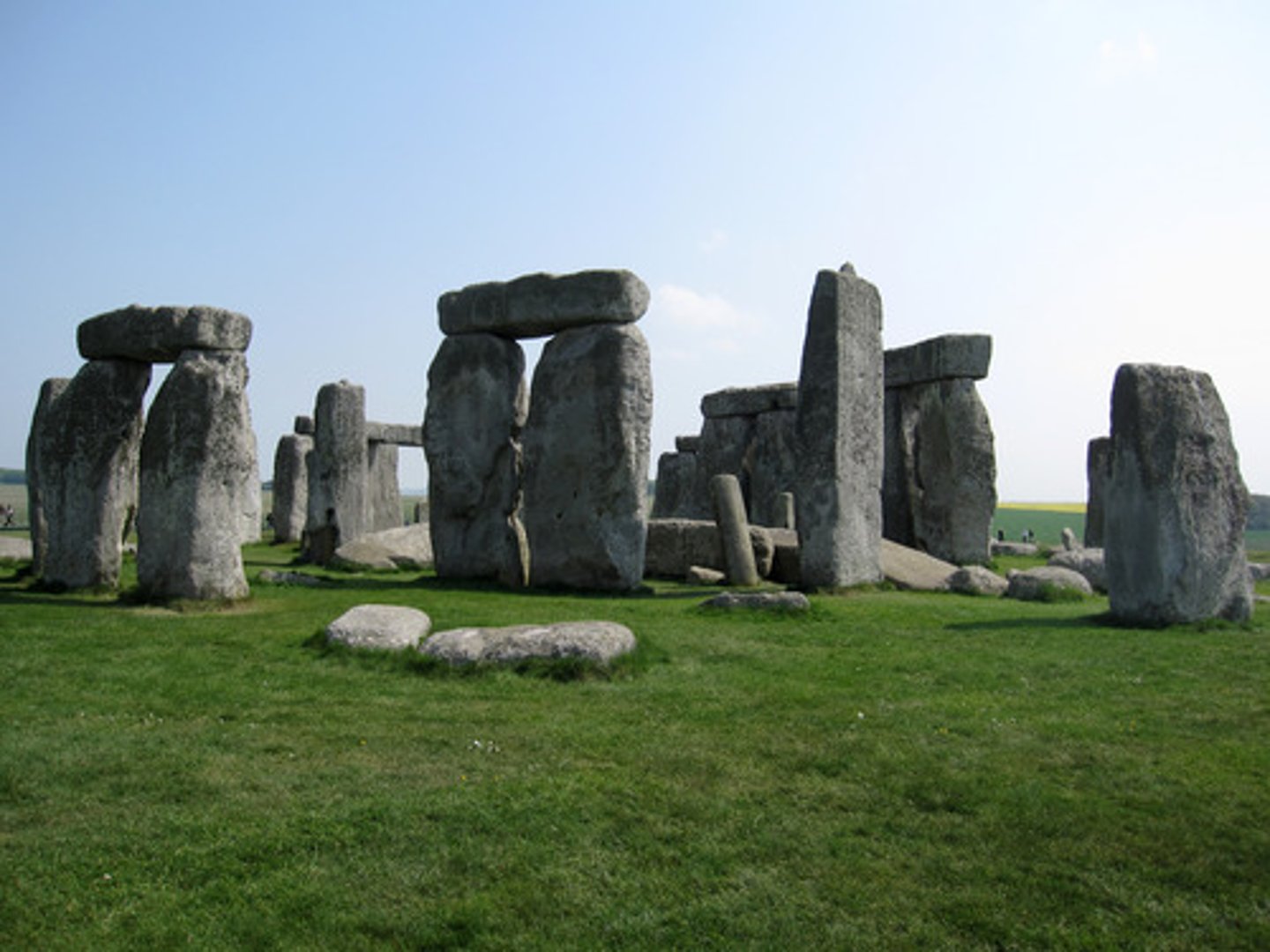
Heal Stone
- 4.9m high pointed stone outside the stonehenge
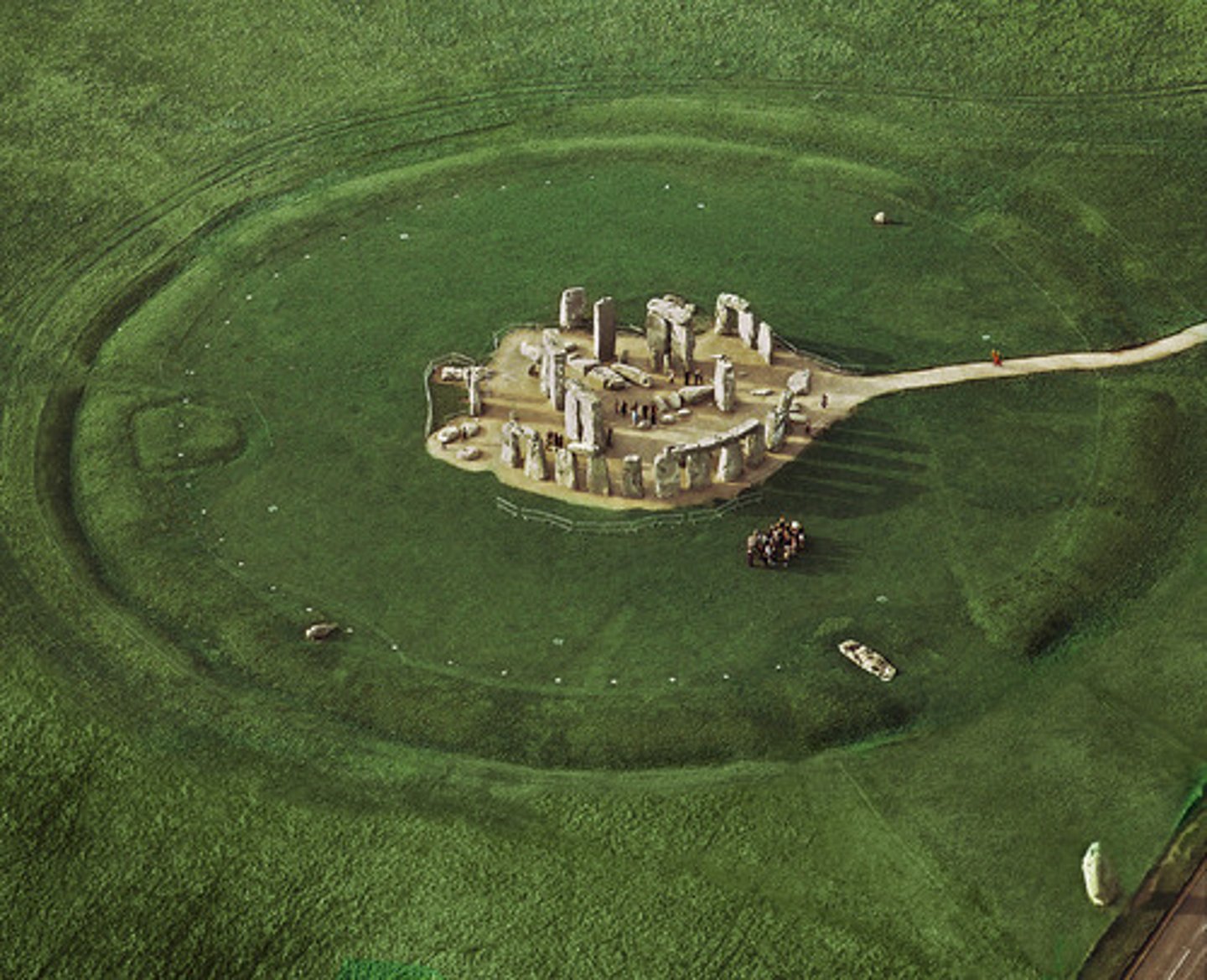
astronomical (north)
cardinal (south)
2 alignments of the Stone Henge
Beaker People
Modified the Stonehenge
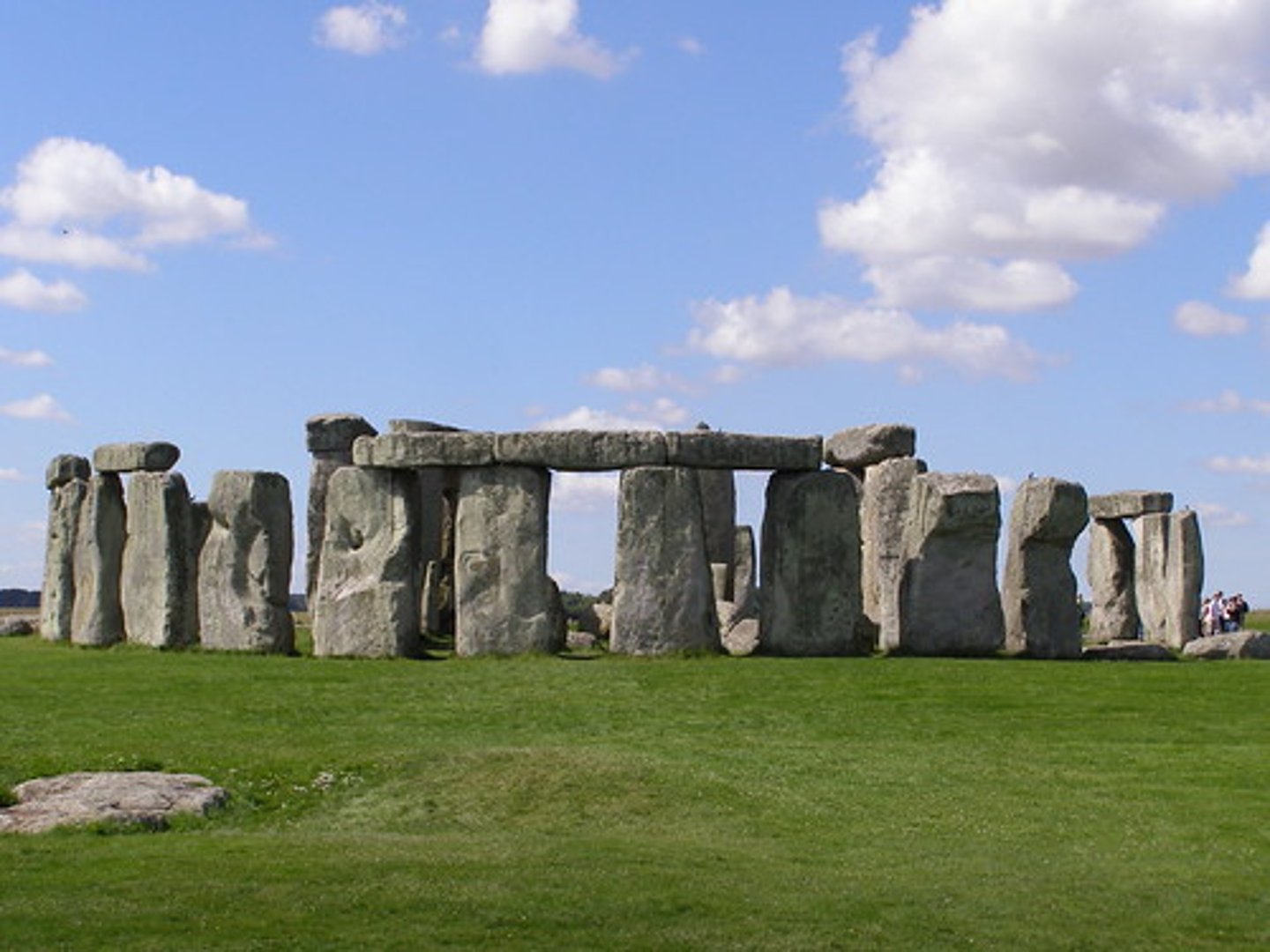
Cursus
3 km x 100 m form the E-W axis
Sarsen
name of local sandstone builders
Bluestones were brought back and placed in a horseshoe configuration.
Final phase of the Stonehenge
1. changed from lunar to solar monuments
2. corners coincide with the rising and setting of winter and summer solstice
3. added the Blue Stone Circle
4. built the Cursus
5. Blue stones were removed; SarsenRing of Trilithons was added
6. Bluestones were brought back and placed in a horseshoe configuration.
Order of modification of the stonehenge
Tumulus
pre-historic burial mound
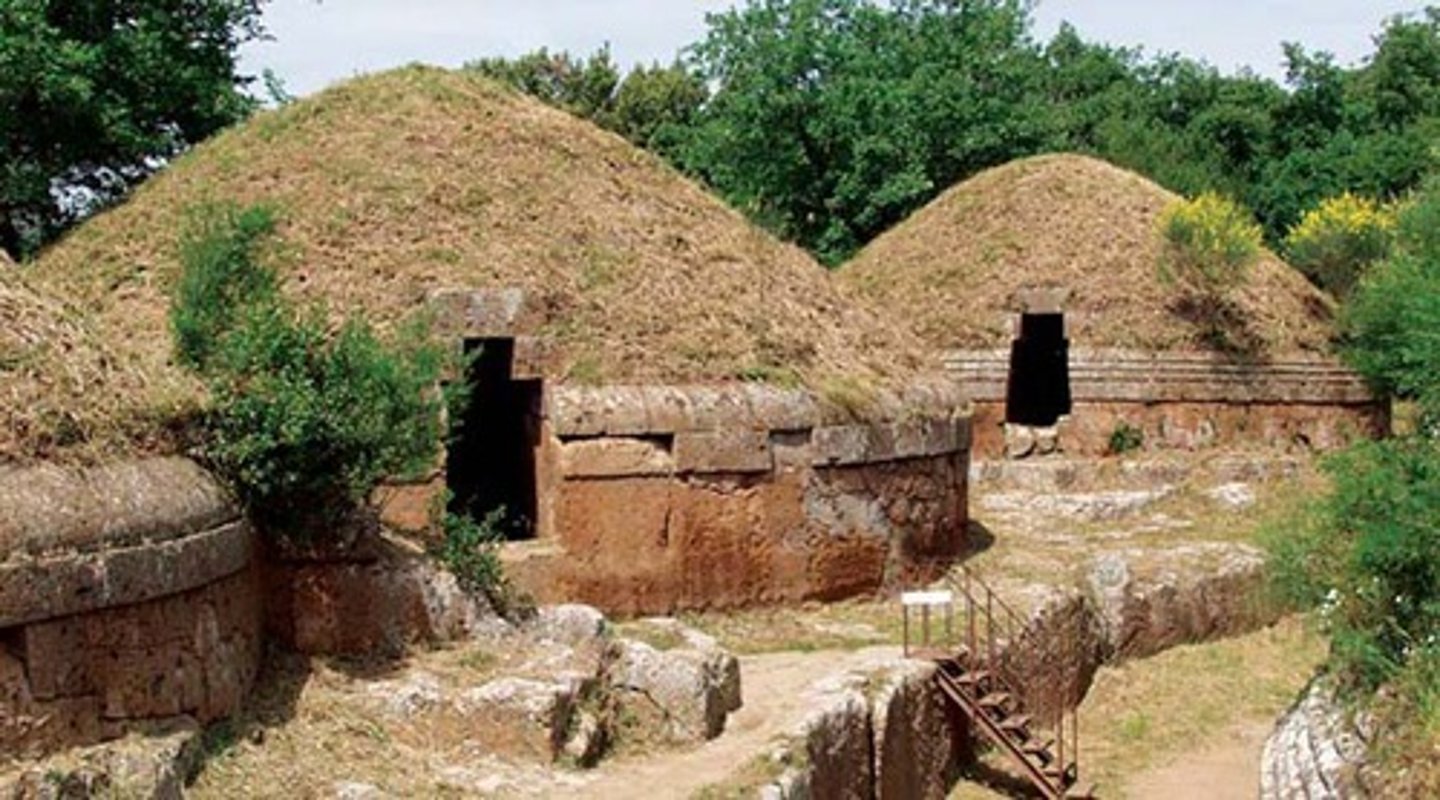
Menhir
a upright monolith marking a burial mond
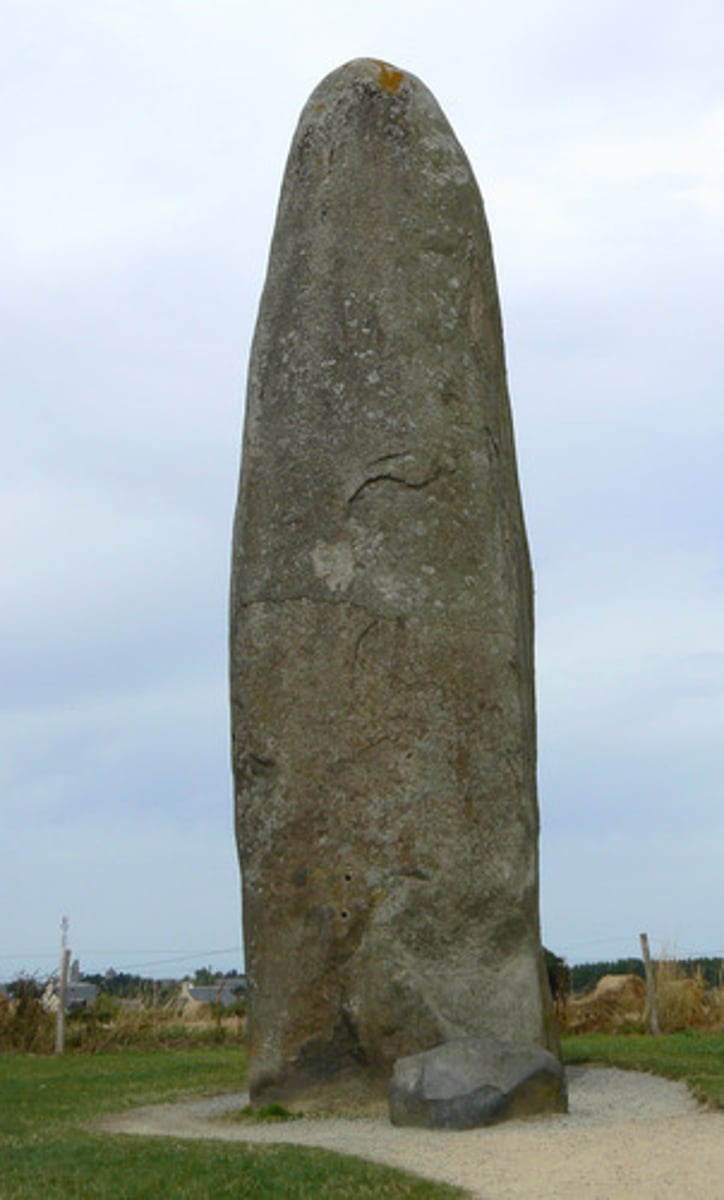
Dolmen
Two or more large or upright stones supporting a horizontal slab
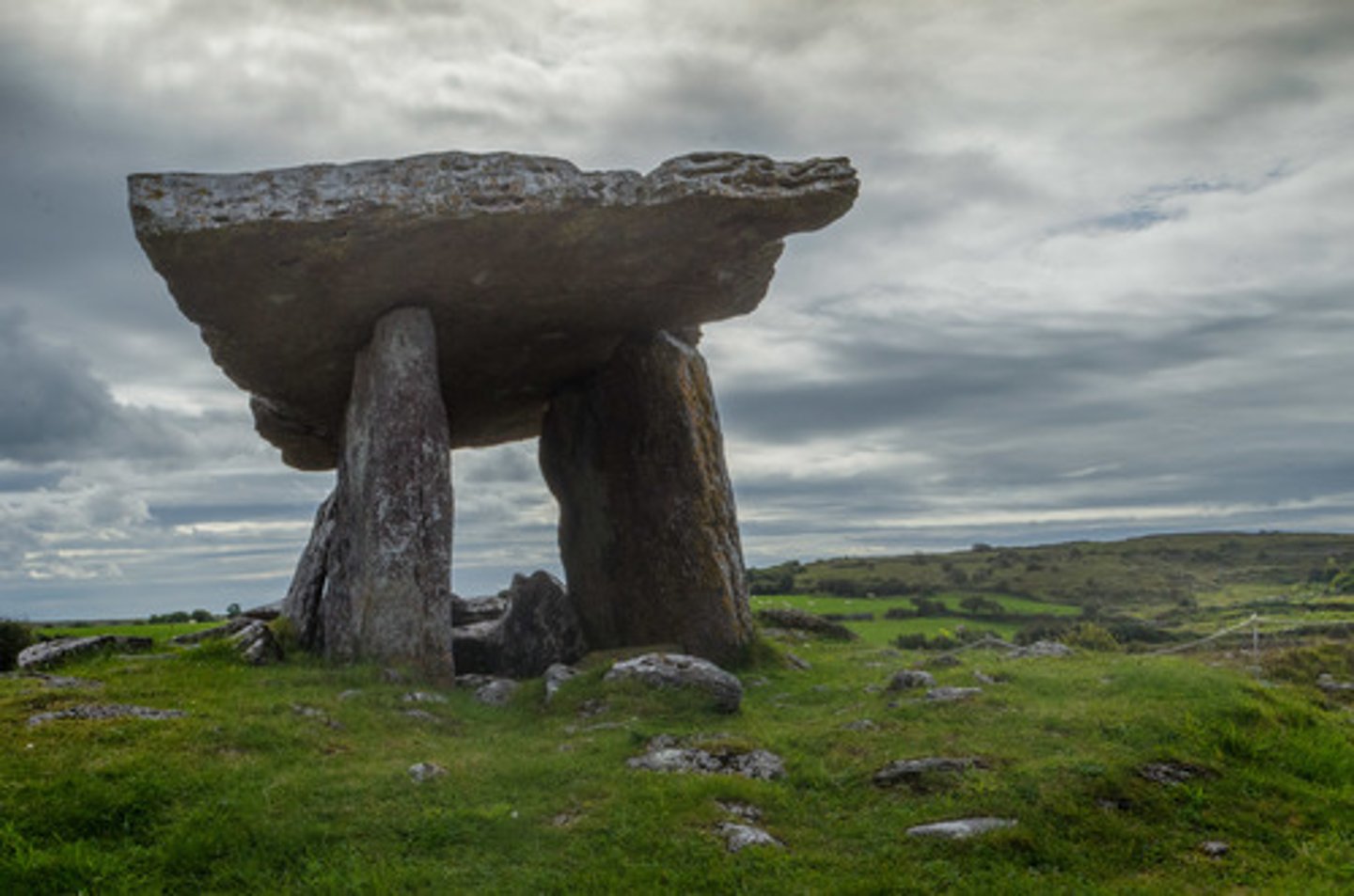
Cromlech
Circular arrangement of megalith enclosing a dolemen or burial ground
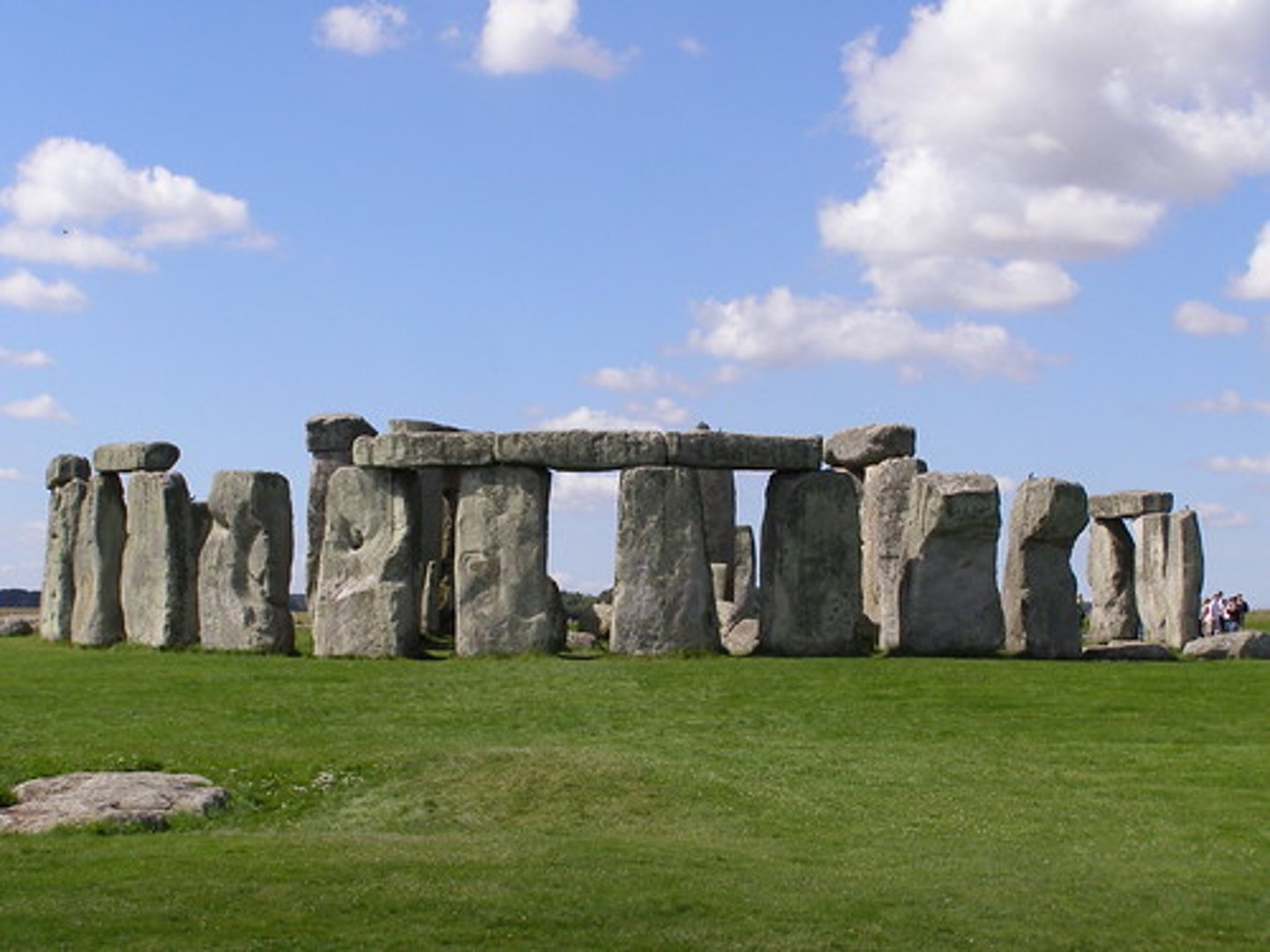
Lascaux, France
where the earliest form of dwelling rock cave located
American Indians: Teepee
Philippines version: Lean-to
American Indians: Hogan
Wigwam
South Italy: Trulio
Mongolia: Yurts
First houses evolved from tent-like structures
Civilization
-process of becoming civilized
-characterized by taste,refinement, or restraint
-where people have developed effective ways of organizing a society and care about art, science, and etc.
Mesopotamia
Indus Valley
Meso-America
Egypt
Persia
European
Greek
Roman
rise of civilizations
40 x 60 m
Measurements of the Nieuheliang Ritual Center
14
How many burial mounds and altars are there
3 km x 100 m
Measurement of the Cursus
100m
Diameter of the Stonehenge
4.9m
height of the healstone
3m
Height of the Gobleki Tepe
6000 BCE
Year when the Nabta Playa was made
3500-3000 BCE
Era when the Niuheliang Ritual center was made
2600
Era when the stonehenge wa smade
tumulus
an ancient burial mound; a barrow.
Menhir
a large uncut stone erected as a monument in the prehistoric era; a standing stone
Dolmen
a megalithic tomb with a large flat stone laid on upright ones, found chiefly in Britain and France.
Cromlech
a circle of megaliths
teepee
a cone-shaped tent made out of animal skins used by Native Americans of the plains

lean-to
a shack or shed supported at one side by trees or posts and having an inclined roof
hogan
a cone-shaped Navajo shelter built by covering a log frame with mud or adobe
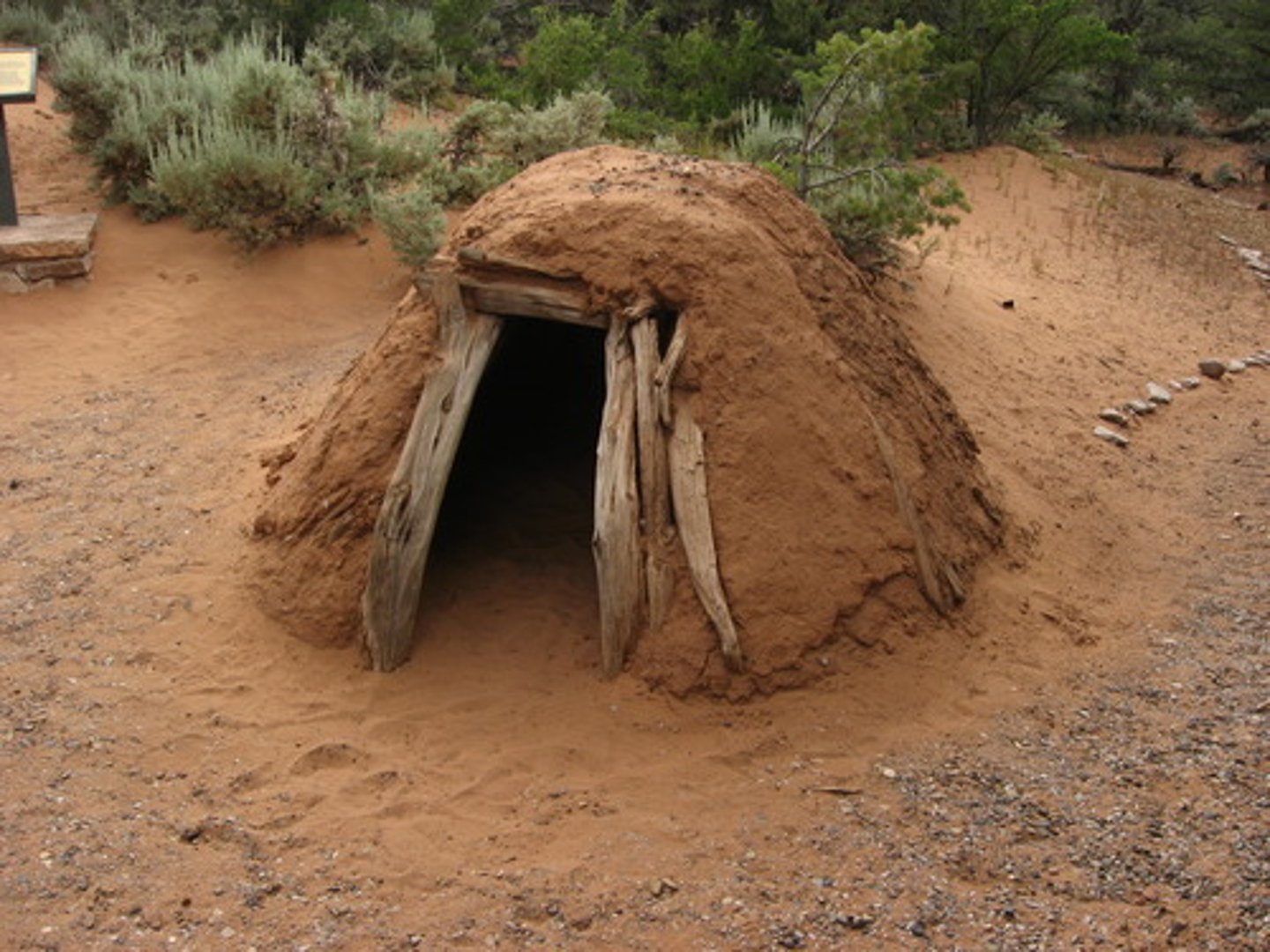
wigwam
A native American lodge frequently having an oval shape and covered with bark or hides
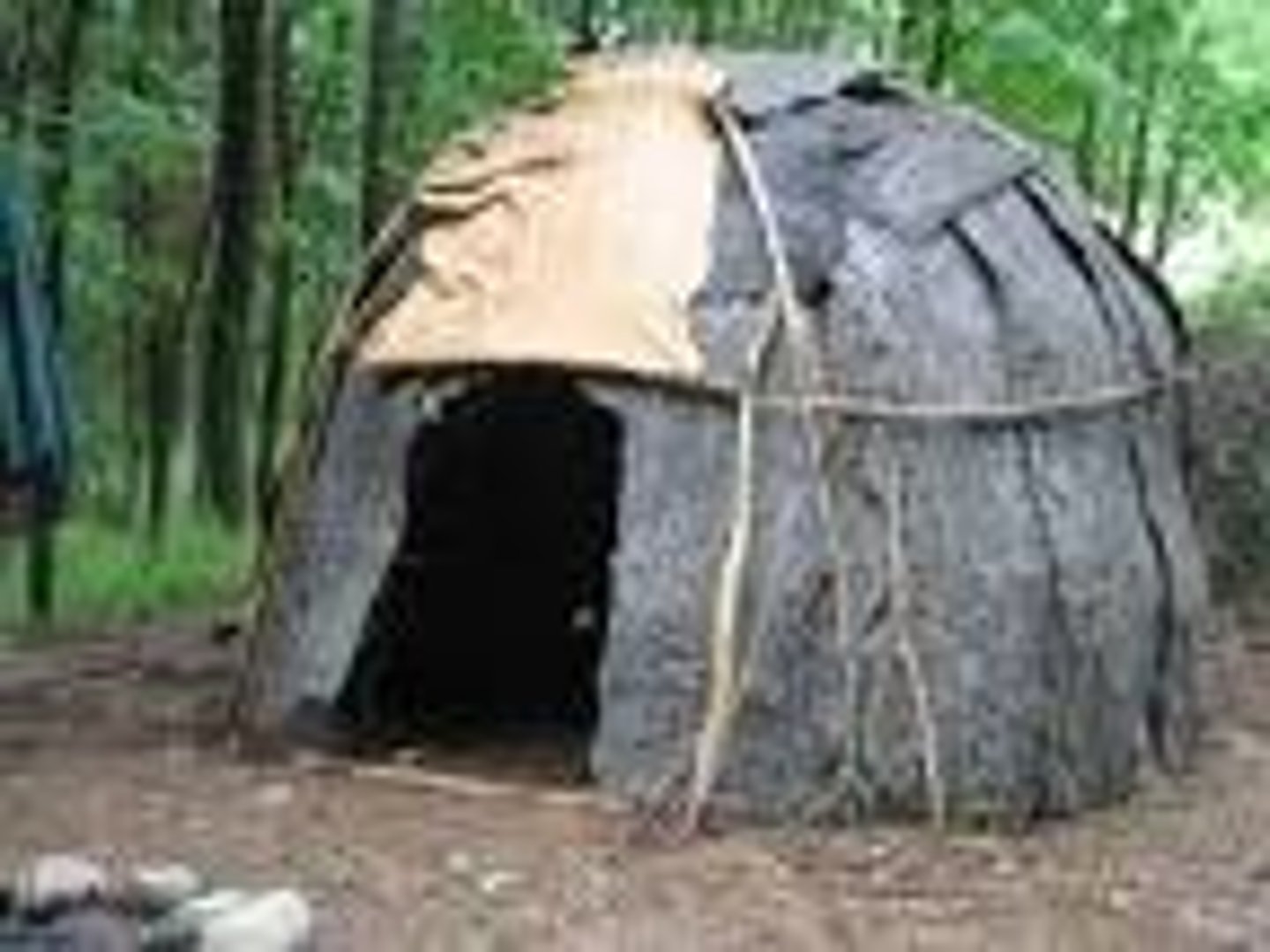
Yurts
Tents in which the pastoral nomads lived; they could be quickly dismantled and loaded onto animals or carts.
Gobleki Tepe
Elaborate prehistoric temple site in southeast Turkey that seems to predate Neolithic agricultural period
Niuheliang Ritual Center
Composed of 14 burial mounds & altars over several hill ridges
Stonehenge
a structure found by scientist in England is believed to have been built in the Neolithic Age and Bronze Age